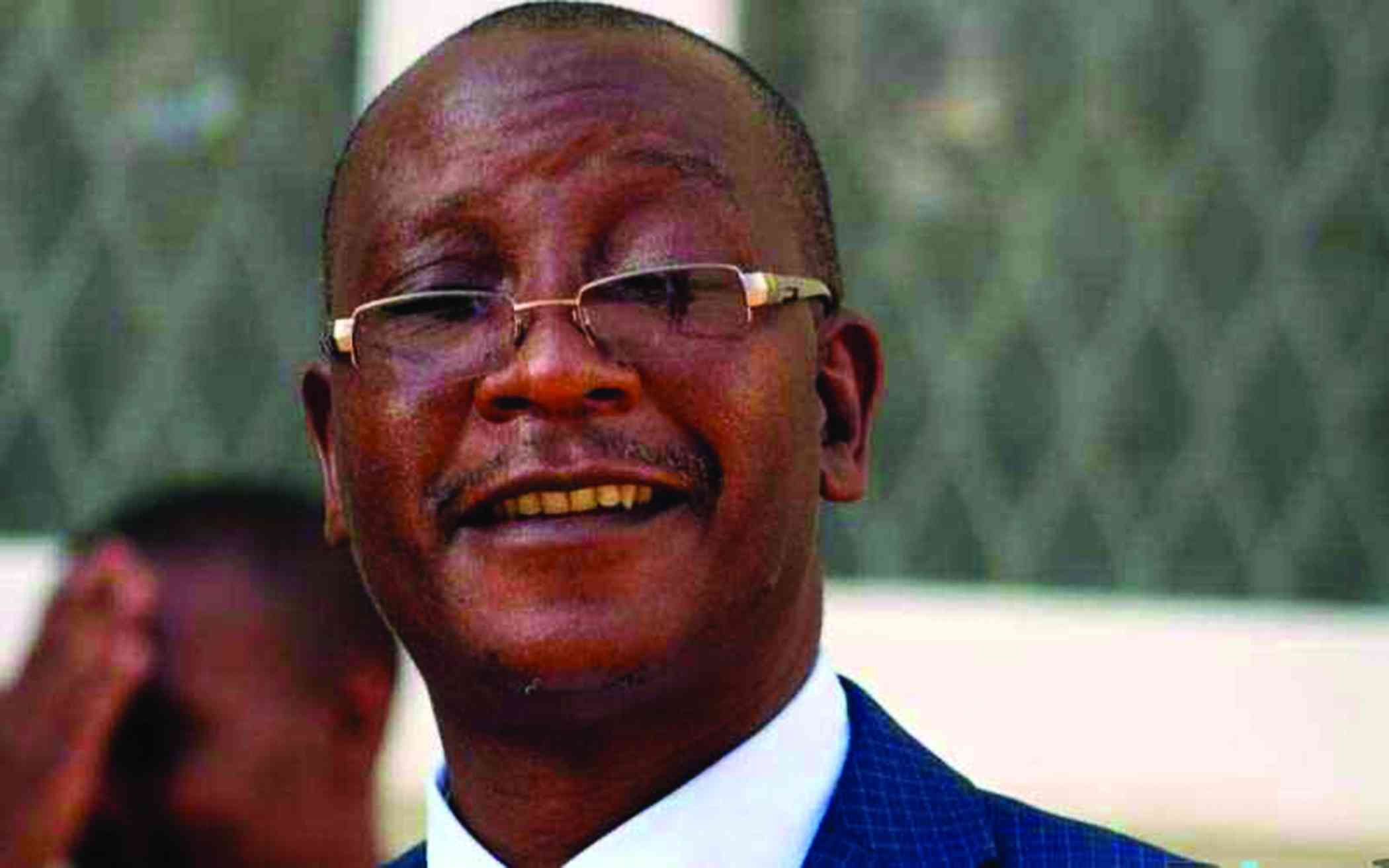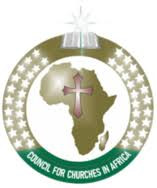
As the clock ticks down to a crucial Parliamentary debate on the Persons with Disabilities (PWDs) Bill, voices from across the nation are rising in unison, echoing the frustrations and hopes of an estimated 1 700 individuals who participated in public consultations at the end of 2024.
These voices, representing a diverse spectrum of experiences and challenges faced by PWDs, are calling for an urgent reassessment of a Bill that they believe has strayed far from their needs and aspirations.
The sentiment is clear: this is not simply a legislative formality; it is a matter of rights, dignity and the future of countless individuals who have long been marginalised in society.
At the heart of the ongoing Parliamentary discussions, lies a growing discontent among PWDs regarding the proposed Bill that is supposed to safeguard their rights and ensure inclusion in society.
Initially, hope was rekindled when Justice and Parliamentary Affairs minister Zyambi Ziyambi acknowledged the need for a more robust framework to protect PWDs.
However, that hope quickly turned into disappointment when the minister proposed a National Disability Affairs Board, a structure reminiscent of outdated social welfare models, instead of a more empowering commission.
“We have already experienced the limitations of a board,” said an advocate, Joyce Togarepi, expressing the frustrations shared by many.
“What we need is a strengthened co-ordinating and monitoring structure, as outlined in Article 33 of the Convention on the Rights of Persons with Disabilities. This is not just about us; it’s about ensuring that our rights are not only recognised but actively protected.”
- Mr President, what message do you have for diasporan Zimbos at UNGA?
- Don't muzzle Gukurahundi survivors: UN
- UN has exposed ED deception
- Businessman piles pressure on top judge
Keep Reading
The current proposal lacks the necessary clarity and enforceability that PWDs demand. Political rights, for example, are glaringly absent from the Bill, leaving many questioning how the State intends to ensure their rights to accessibility, education, health and social protection.
“We want obligatory measures that guarantee our rights, not vague promises,” said another advocate, Tsepy the Legend.
As discussions continue, the tension in Parliament is palpable. Many PWDs feel sidelined, especially as key senators, including Annah Shiri, Ishumael Zhou and Beater Nyamupinga, are attending the Global Disability Summit in Germany.
The fear is that their absence will hinder the advocacy efforts crucial to shaping the Bill. While some suggest postponing the debate until their return, others argue that action cannot wait.
“Once the debate begins, it may be too late to change course,” warned a community leader, Suzgo Mumba.
The unity among PWDs has never been more critical. They are encouraged to take on leadership roles, writing petitions and engaging the media to amplify their message.
“This Bill is ours and we will not allow it to be shaped by those who do not understand our needs,” declared Tsepy.
The mantra “Nothing for us without us” has become a rallying cry, urging PWDs to ensure their voices are heard through their representatives in Parliament.
As the debate looms, the call for action is clear: PWDs must stand together, fostering solidarity to advocate for a Bill that truly reflects their rights and needs.
Challenges during the committee stages of Parliament disrupted the initially smooth proceedings, introducing unexpected obstacles that hinder progress and complicate efforts to advance the agenda effectively and efficiently.
“We started with hope, but we must now be vigilant and proactive,” Tsepy said.
“This is about our future — if we let this slip, we could face another 20 or 30 years of suffering”.
As the parliamentary debate approaches, the urgency is palpable. PWDs and their advocates are determined to ensure their concerns are not only acknowledged but integrated into the legislative framework.
Jane Thompson, a leading advocate from the Community Empowerment Coalition, expressed unwavering support for the initiative.
“This cause represents a vital step towards equity and justice for persons with disabilities,” she said. “Together, we can amplify the voices of marginalised communities and ensure their needs are met.
Our coalition stands firmly beside this movement, advocating for policies that foster inclusion and support. It’s time for our Parliament to prioritise the welfare of all citizens, not just a select few. We are committed to working collaboratively to create meaningful change that uplifts everyone.”
“In a true democracy, our disability federation possesses the authority to summon or petition the minister for an urgent meeting, advocating for immediate action on pressing issues affecting the disabled community”, said Phil Simwaba of the Disability, HIV and Aids Trust.
With the stakes higher than ever, they are ready to mobilise, ensuring that this Bill is not just another piece of legislation but a transformative tool for empowerment and inclusion.
The PWDs Bill is not merely a legislative document — it represents the aspirations and rights of a community that has long been marginalised. As PWDs rally together, their unified voices serve as a powerful reminder that true change begins when those most affected take the lead in shaping their destinies.










